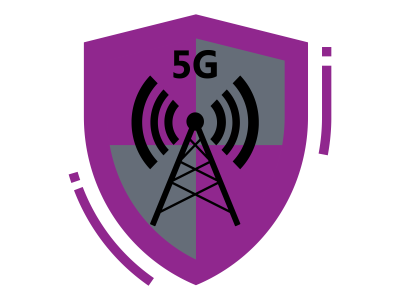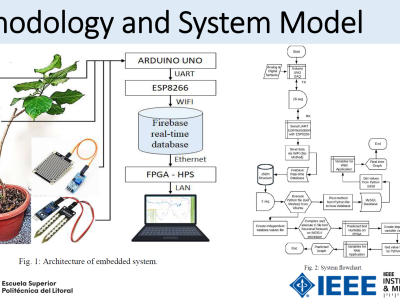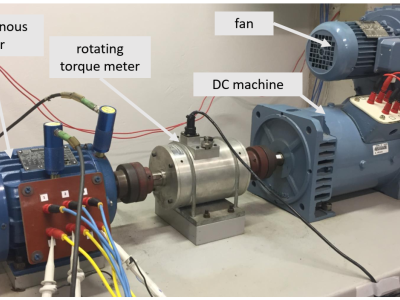Federated OCPP 1.6 Intrusion Detection Dataset

- Citation Author(s):
-
Ioannis Papadopoulos (PPC Innovation Hub)
- Submitted by:
- Panagiotis Radoglou-Grammatikis
- Last updated:
- DOI:
- 10.21227/v1f0-9t13
- Data Format:
- Research Article Link:
 839 views
839 views
- Categories:
- Keywords:
Abstract
The recent developments in the field of the Internet of Things (IoT) bring alongside them quite a few advantages. Examples include real-time condition monitoring, remote control and operation and sometimes even remote fault remediation. Still, despite bringing invaluable benefits, IoT-enriched entities inherently suffer from security and privacy issues. This is partially due to the utilization of insecure communication protocols such as the Open Charge Point Protocol (OCPP) 1.6. OCPP 1.6 is an application-layer communication protocol used for managing electric vehicle chargers. The concept of OCPP is to enable any Charging Station Management System (CSMS) to manage any Electric Vehicle Charging Station (EVCS), regardless of the EVCS manufacturer or the CSMS developer. In the context of the DYNABIC project (funded by the European Union - Grant Agreement ID: 101070455), a set of cyberattacks were investigated and emulated against OCPP 1.6. Based on these attacks, the OCPP 1.6 Intrusion Detection Dataset was created, aiming to support the development of Artificial Intelligence (AI)-powered Intrusion Detection Systems (IDS) that use Machine Learning (ML), Deep Learning (DL) and Federated Learning (FL) techniques.
Instructions:
The Federated OCPP 1.6 Intrusion Detection Dataset contains network traffic and labeled data related to cyberattacks on OCPP 1.6, designed to support AI-based Intrusion Detection Systems. It includes attacks such as Charging Profile Manipulation, Denial of Charge, Heartbeat Flooding DoS, and Unauthorized Access.
The dataset consists of multiple files: the Balanced_OCPP16_APP_Layer.7z includes CSV files with OCPP-specific statistics for AI/ML training, while the Balanced_OCPP16_TCP-IP_Layer.7z contains CSV files with TCP/IP flow statistics. Additionally, each specific cyberattack has a corresponding compressed file (OCPP16_AttackX.7z) that contains both PCAP files with raw network traffic and CSVs with extracted statistics.
The data includes TCP/IP flow statistics generated by CICFlowMeter, capturing packet sizes, flow duration, and flag counts, along with OCPP 1.6 flow statistics from OCPPFlowMeter, providing details on WebSocket interactions and protocol-specific message counts. Two balanced dataset versions exist—one for OCPP and another for TCP/IP layers—ensuring equal sample distribution per class. The dataset is split into 70% training and 30% testing, with an additional partitioning for Federated Learning across multiple clients.
For analysis, PCAP files can be used to examine raw traffic, while CSV files serve as input for AI/ML model training and evaluation. Each attack folder contains a README.txt file summarizing labeling details, IP addresses, and attack descriptions. Further details are available in the attached dataset documentation.
Citation & References
C. Dalamagkas, P. Radoglou-Grammatikis, P. Bouzinis, I. Papadopoulos, T. Lagkas, V. Argyriou, S. Goudos, D. Margounakis, E. Fountoukidis and P. Sarigiannidis, “Federated Detection of Open Charge Point Protocol 1.6 Cyberattacks,” Feb. 03, 2025, arXiv: arXiv:2502.01569. doi: 10.48550/arXiv.2502.01569.
Dataset Files
- OCPP16_Attack_1_Charging_Profile_Manipulation.zip (Size: 99.94 MB)
- OCPP16_Attack_2_Denial_of_Charge.zip (Size: 120.2 MB)
- OCPP16_Attack_3_Heartbeat_DoS.zip (Size: 3.45 GB)
- OCPP16_Attack_4_Unauthorized_Access.zip (Size: 2.27 GB)
- Balanced_OCPP16_TCP-IP_Layer.zip (Size: 6.59 MB)
- Balanced_OCPP16_APP_Layer.zip (Size: 3.01 MB)








